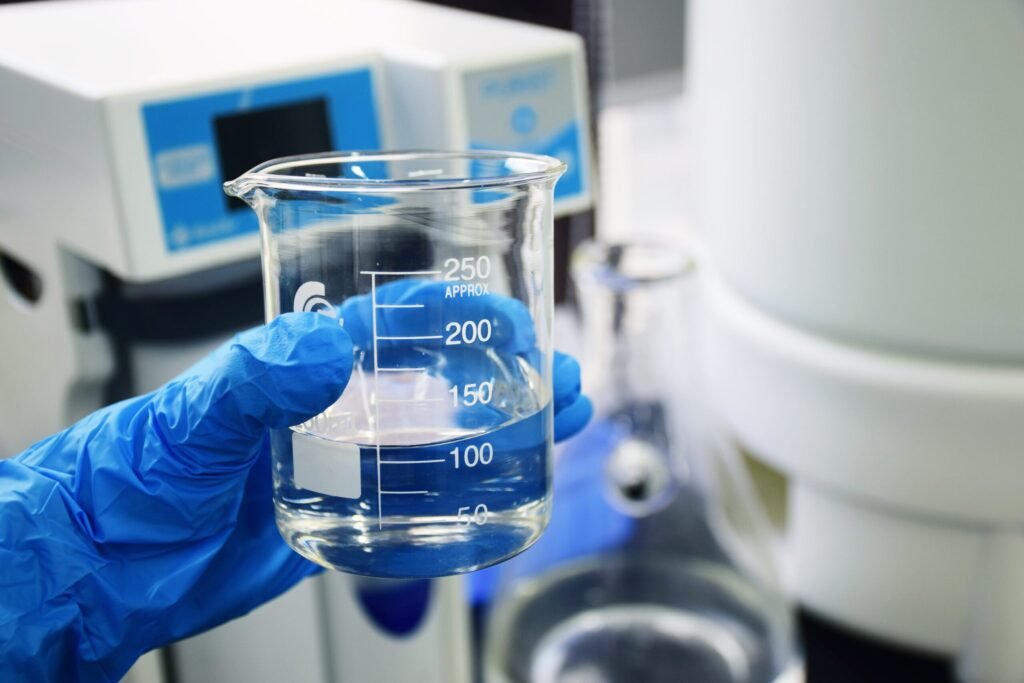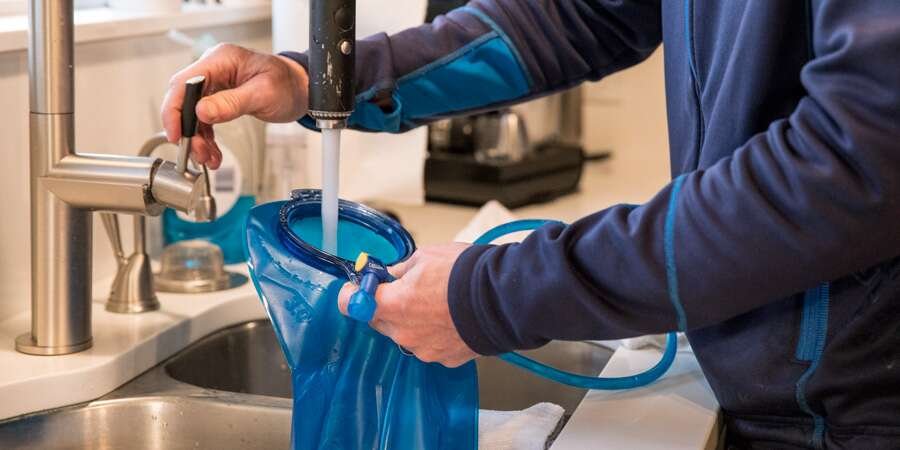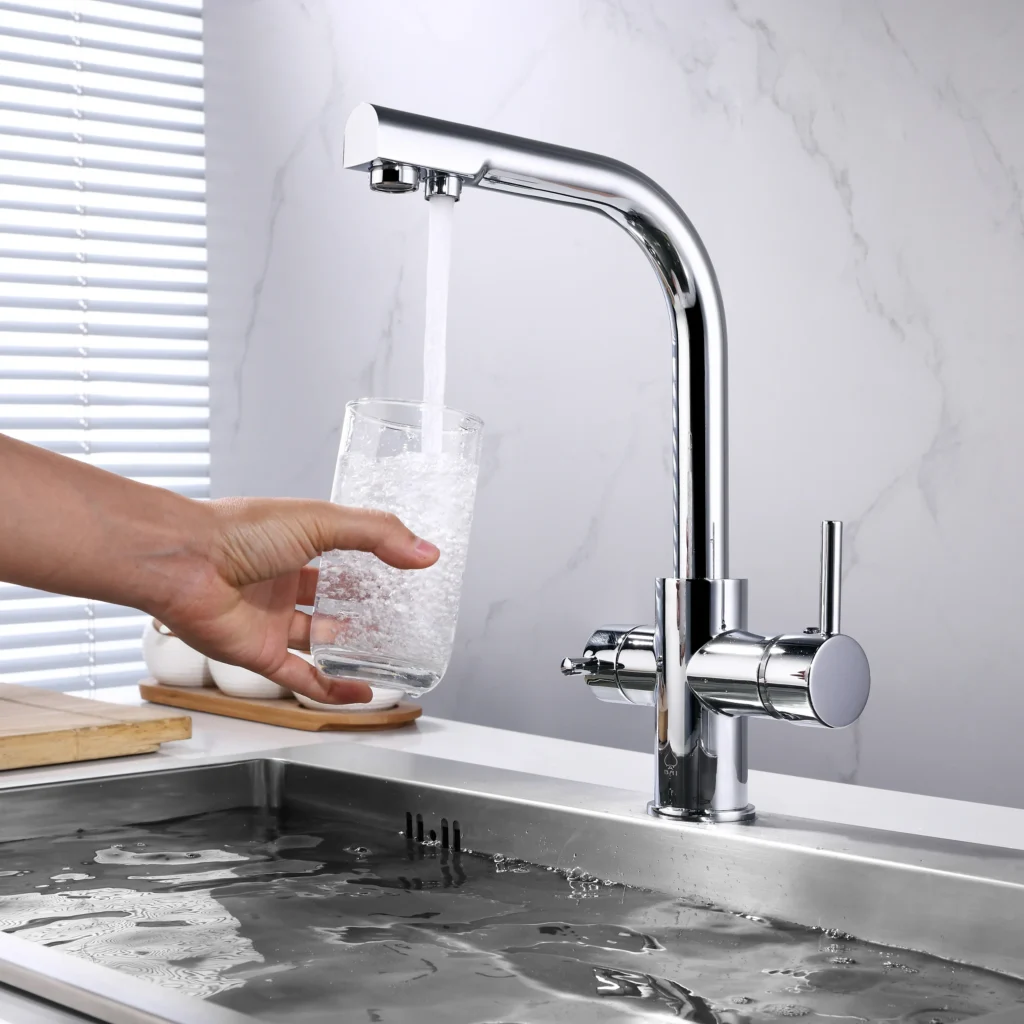Introduction
Water is a fundamental necessity for life, and ensuring its purity is paramount for the well-being of individuals and communities. With the rise in concerns about water contamination, the water purification industry has witnessed significant growth.
Unfortunately, alongside the genuine efforts to provide clean water, deceptive practices have also emerged, misleading consumers and compromising their trust. This article aims to shed light on some common ways in which we are being fooled in the business of water purification.
Misleading Claims
Water purification companies often resort to misleading claims as a marketing strategy to attract consumers. These claims may overstate the effectiveness of their products, promising complete purity or extraordinary health benefits without any substantial scientific evidence to support them. Such assertions exploit the concerns and desires of consumers for clean and healthy water.
To avoid falling for misleading claims, it is crucial for consumers to remain skeptical and seek transparent and verifiable information. Look for scientific studies, certifications, and independent testing results that substantiate the claims made by water purification companies.

Price vs Quality
The water purification market offers a wide range of products at varying price points. While affordability is a legitimate concern for many consumers, it is important to consider the quality and long-term cost-effectiveness of a water purification system. Some cheaper products may have limited purification capabilities or require frequent filter replacements, which can result in higher costs over time.
On the other hand, expensive systems may offer advanced features that are unnecessary for the specific needs of an individual or household. Evaluating the quality, performance, and maintenance requirements of different water purification systems will help strike a balance between price and quality, ensuring a reliable and efficient solution.

Lack of Regulation
The water purification industry is subject to varying degrees of regulation in different jurisdictions. In some regions, there may be insufficient oversight, allowing companies to make unverified claims or sell substandard products. This lack of standardized testing and certification procedures creates a challenge for consumers in assessing the efficacy of different purification methods.
Ideally, water purification products should undergo rigorous testing by independent, reputable certification bodies to ensure their effectiveness in removing contaminants. Supporting and advocating for stricter regulations and reputable certification processes can foster transparency in the industry, enabling consumers to make more informed decisions.
Bottled Water Deception
Bottled water is often marketed as a pure and healthy alternative to tap water. However, there is a significant misconception surrounding the quality and source of bottled water. Many consumers are unaware that a considerable portion of bottled water is sourced from municipal water supplies, which is essentially the same as tap water. This revelation can be surprising considering the premium price tag associated with bottled water.
The marketing of bottled water creates an illusion of purity, leading consumers to believe they are purchasing a superior product. However, in reality, tap water is rigorously tested and regulated by governmental bodies to meet safety standards. In contrast, the regulations surrounding bottled water may vary, and some brands may not undergo the same level of scrutiny.
Choosing home-based water purification systems, such as filters or reverse osmosis systems, can provide comparable or even superior purification results to bottled water. Not only does this allow consumers to save money in the long run, but it also reduces the environmental impact caused by single-use plastic bottles.

Conclusion
In the business of water purification, deceptive practices undermine consumer trust and hinder efforts to ensure access to clean, safe water. By educating ourselves about the intricacies of water purification systems, examining claims critically, and supporting reputable certification bodies, we can make informed decisions and avoid falling victim to false promises.
It is crucial for both consumers and regulatory bodies to work together to promote transparency and hold water purification companies accountable for their products, ultimately safeguarding our right to clean water.




